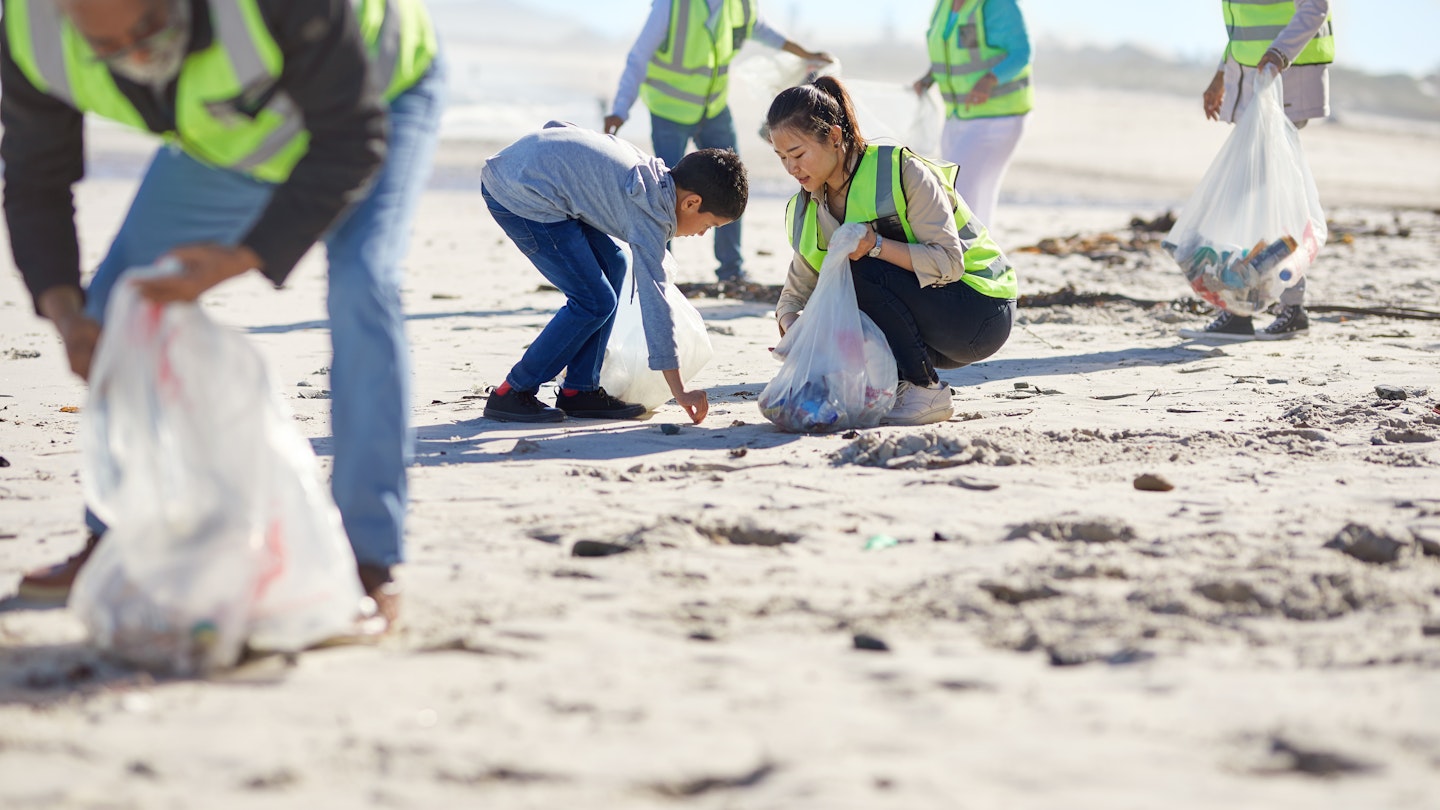Essential Questions to Consider for Volunteer Programs
The UN considers volunteerism indispensable to achieving its Sustainable Development Goals; however, it is essential to understand that not all volunteer-abroad programs are created equal.
“To get the most out of volunteering, you need to put effort into choosing who you go with and what you do,” says Dr. Kate Simpson, an expert advisor on Lonely Planet’s Volunteer: A Traveller’s Guide to Making a Difference Around the World, who has spent years researching and working in the international volunteering industry. These questions are designed to help you learn about the quality, value, and sustainability of volunteer projects before dedicating your annual leave to one.

What Work Will You Be Doing?
An organization with a reputable volunteer program should provide details about the work you will undertake, including daily hours and the host organization involved, well in advance of the project start date. A common source of dissatisfaction among volunteers is doing different work than planned.
Does the Organization Work With a Local Partner?
For a volunteer program to benefit a local community, it should collaborate with, not impose on, that community. Find out the identity of the local partner and the nature of the relationship. Is there local involvement in managing your project? What local consultations were carried out to develop the project? Understanding the value of the project is crucial.

What Time Frame Is the Volunteer Program Run On?
A well-structured volunteer program should have a clear time frame. Organizations must know year to year whether a program will continue. One-off programs can be problematic; for instance, if you serve as a teaching assistant for a month, what occurs for the remainder of the school year? Is there continuity in sending other volunteers, or is the placement concluded? Constantly changing staffing can also disrupt the learning experience for children.
Does the Organization Have Safeguarding Policies?
All volunteer organizations should implement safeguarding policies for children and vulnerable adults, with child protection training included for volunteers working directly with children. Furthermore, reputable wildlife sanctuaries have policies to protect animals, often restricting human-animal contact while providing necessary training for volunteers. Assess how they minimize environmental impacts through their programs.

What Support and Training Will You Receive?
Organizations vary significantly in the levels of training and support offered. Seek one that provides pre-departure training and ongoing support while in the country. Learning about the practicalities of your volunteer role and the destination’s culture will enhance your experience. Ensure that the available local support is accessible, as direct assistance is essential for problem-solving during your project.
What Financial Contributions Does the Organization Make to Its Volunteer Programs?
Volunteer programs rely on funding as well as labor, so inquire about the allocation of your contributions. Be persistent in requesting clear figures regarding use of funds, as simple percentages can be misleading. Additionally, remember that payment for accommodations and meals might not directly benefit the volunteer program.
Why Do You Want to Volunteer?
It is crucial to reflect on your motivations for volunteering. Are you genuinely interested in making a difference, or are you seeking approval from social media, or leveraging the experience for career advancement? Approaching volunteering with curiosity and humility to learn will enhance your experience and benefit the project.





